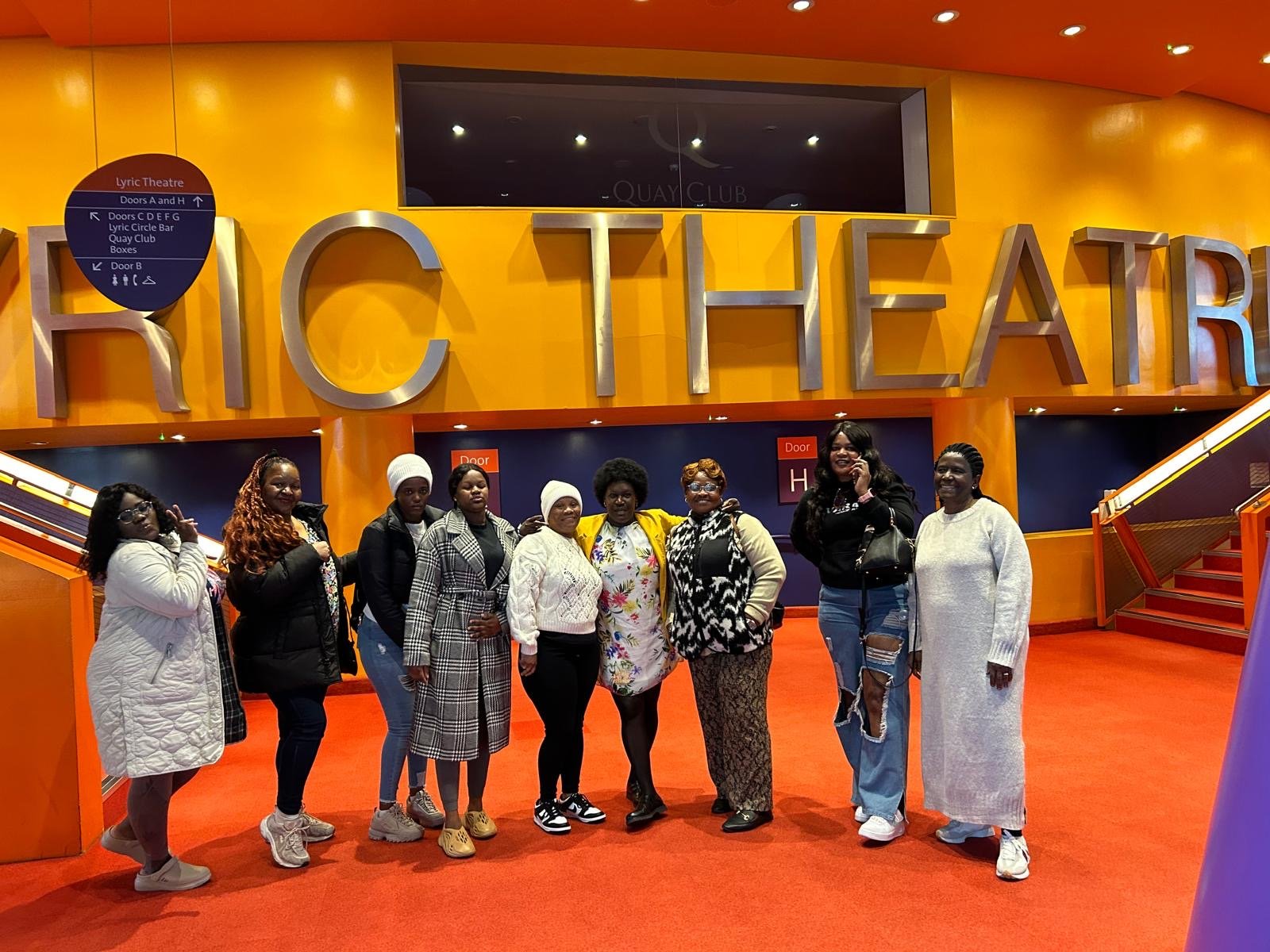Review: SLAVE - A Question of Freedom
Thanks to a collaboration with University of Manchester and Rubina Jasani, women seeking asylum from WAST’s management group, participated in a recent symposium as experts by experience, to give their views on the play SLAVE – A Question of Freedom.
The play is based on a true story of a girl’s fight for survival. The girl’s story resonates greatly with women seeking safety in the UK. The women saw themselves in the play from start to finish. Here are some of the quotes the women shared at the symposium.
”Uncertainties like lack of sureness about someone or something, doubt, mistrust, suspicion or scepticism. This relates to me as an asylum seeker living in a hotel, I don't know what's next, and I can't do anything serious to improve my life for example work. It's like an open prison, the only difference is I can go out and come back. I have no privacy, no freedom to cook for my children as their mother. I am always anxious and have no peace of mind at all. I don't have a say on where to live, I can be moved anywhere and at any time, which is a serious challenge.”
”Mende the woman in the play story shows, suffering from enduring pain, torture, and mistreatment at the hands of her masters. People who have gone through such experiences often face, powerlessness, and a loss of personal identity or sense of control over their lives. Women seeking asylum experience emotional and psychological trauma, they see fear inside and outside of their bodies, this feeling leads to helplessness, and they suffer from mental health.”
”We feel helpless when our claims are refused, and we become homeless and vulnerable, often we experience abuse by doing house chores, childminding and even getting into unwanted abusive relationships all in the name of having a roof over our heads. The asylum system has caused anxiety from years of waiting, time has gone waiting for one thing, people’s hope has come down, getting old and unable to do anything, all hope is gone, no work and your age retired.”
”The woman in the play was devoted to her religion and had strong faith in Allah. She was tested and tried, she fought back and with patience and strong faith, she won the battle. In the same way, asylum-seeking women go through hard times.”
”The play shows how the woman was bundled in a van, and after being trafficked to the UK. When women walk through our doors for the first time, having suffered from traumatic experiences, they live in fear and loss of confidence. Once in the asylum system the fear never ends, every time we go to reporting centres or for a hearing, there is always the fear of being detained or maybe deported.”
”I saw fear, despair and lack of trust, feeling unworthy because of the mistreatment of the woman in the play. We suffer from depression and want to give up and end it all. We focus on volunteering, doing what we enjoy, engage in advocacy and campaign work, this builds resilience, and we are determined to get on with life hoping that one day we will see the loved ones we left behind.”



